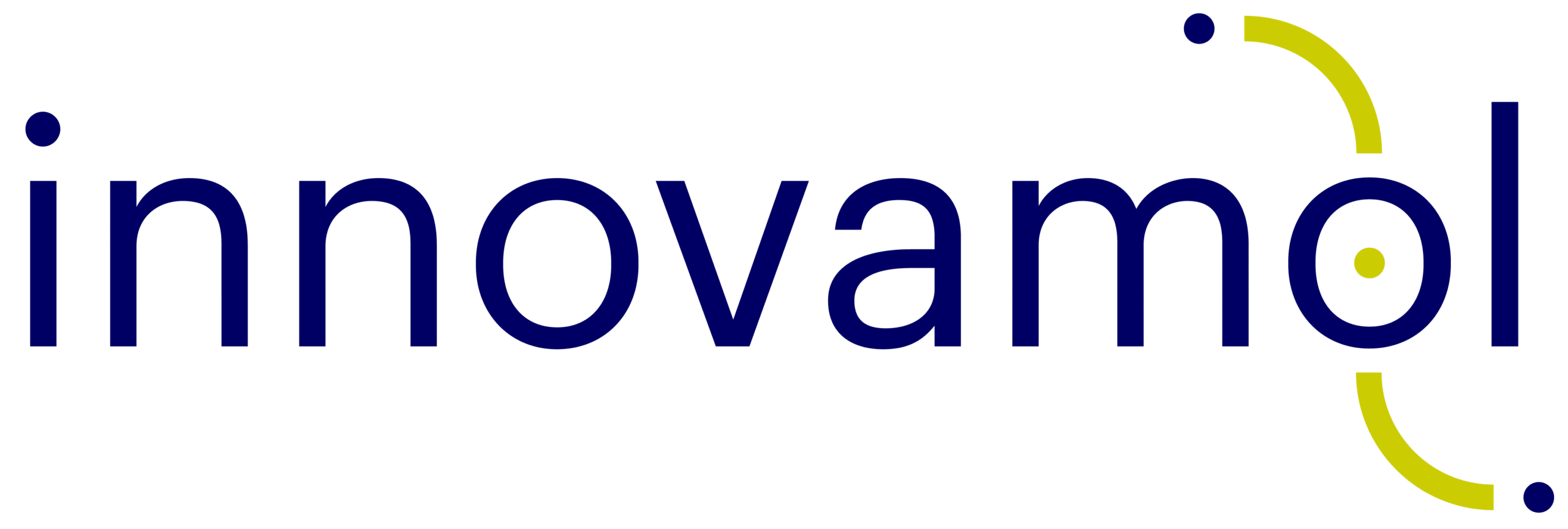Making informed decisions in the field of regulatory science requires staying up to date with the most relevant and recent information. Grey literature, which is sparsely considered, is essential to this context because it provides information and perspectives that are not commonly found in conventional academic journals. This happens because the usual peer-review process in traditional academic publications can be cumbersome and lagging in terms of incorporating recent and innovative data or scientific information. A wide variety of documents created by institutions outside of the typical scholarly publishing and distribution channels are commonly referred to as “grey literature”. This can include conference proceedings, policy documents, reports, research briefs, industry whitepapers, technical guidelines, blog posts, thought leadership pieces, insights, market analyses, case studies, consulting firm reports, and more. Since they frequently offer the most recent information and insights into governmental policies, industry standards, and scientific advancements, these documents are essential to the field of regulatory science.
We thought that we wanted to take advantage of this invaluable resource. Thus, we created a new database called “InnoDataSource” with a global overview of regulatory agencies, non-governmental organisations (NGOs) and various authorities, including ministries and political bodies, covering a variety of fields, such as chemicals, food and feed, environmental issues, drugs, and health.
InnoDataSource serves as a single point of access to simplify the process of performing up-to-date and in-depth literature searches. It includes more than 2200 organisations, allowing precise and quick data searches since each entry is meticulously categorised by nation and its specific remit. This database provides a variety of benefits to our methodology for data search and extraction:
- Comprehensive Coverage: worldwide organisations are included in the database, guaranteeing an authentically global viewpoint and empowering users to efficiently perform region-specific searches.
- Sector-Based Categorization: The five main sectors into which entities are divided are chemicals, food and feed, environment, drugs and health. This makes possible to conduct targeted searches and give users the information that is most appropriate for particular requirements.
- Advanced Filtering Options: Searches can be further refined based on industry, nation, or organisation type by using a variety of filters. This feature was designed to support data analysis in effectively focusing searches to the relevant authorities, NGOs or other entities.
- Frequent Updates: The database is regularly updated by our team to ensure that all entries reflect the most recent information available. This is crucial in the regulatory sciences, as standards and regulations must be flexible enough to adapt to ongoing changes.
Our InnoDataSource is more than just a collection of names: it is a valuable tool to access to a wide amount of data and information essential for those involved in regulatory sciences across various industries. By integrating our access to these resources, we aim to empower our capability to stay informed and ahead in collection of scientific information for informed decision-making.
“If I have seen further, it is by standing on the shoulders of Giants” – Isaac Newton

